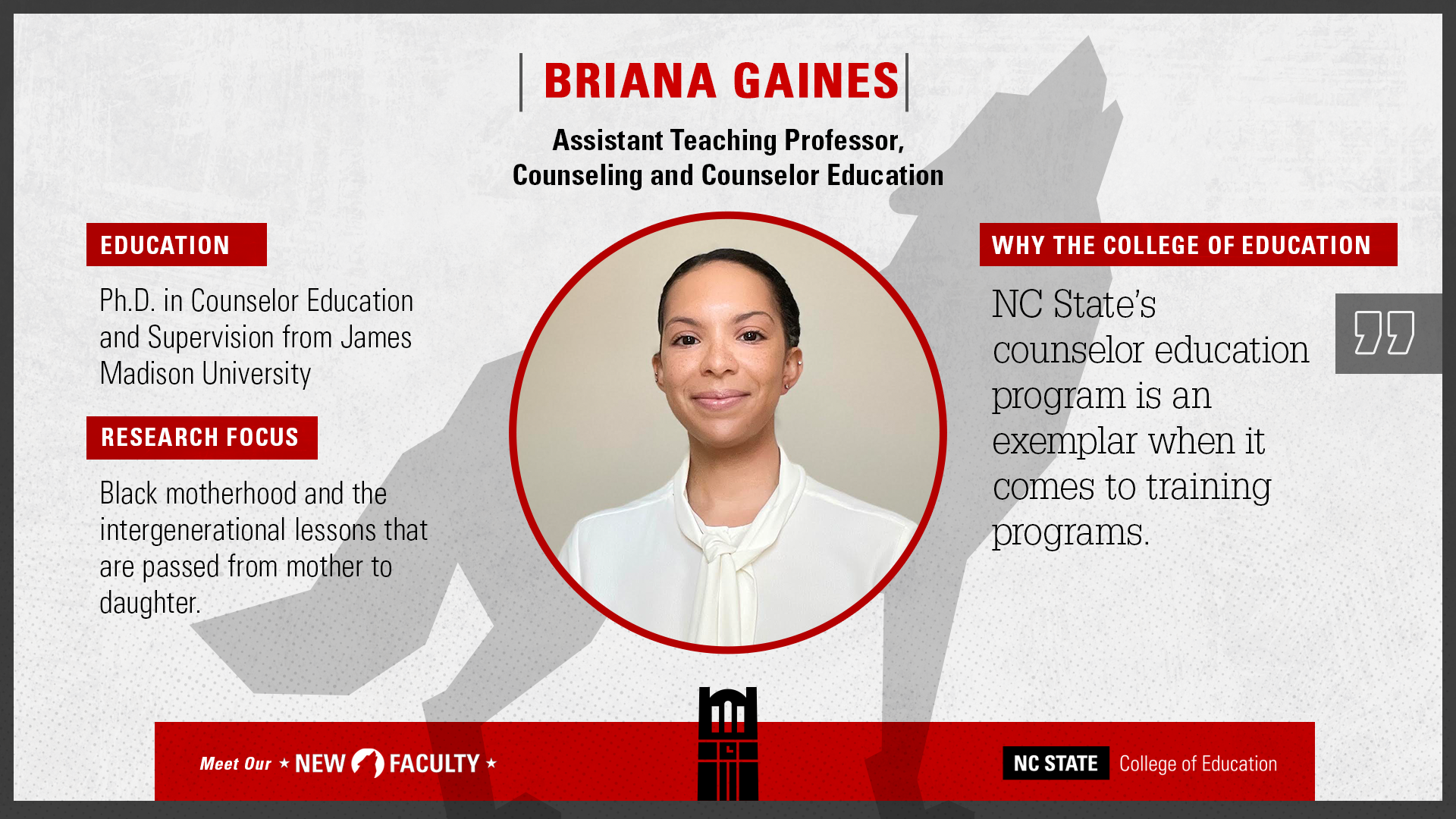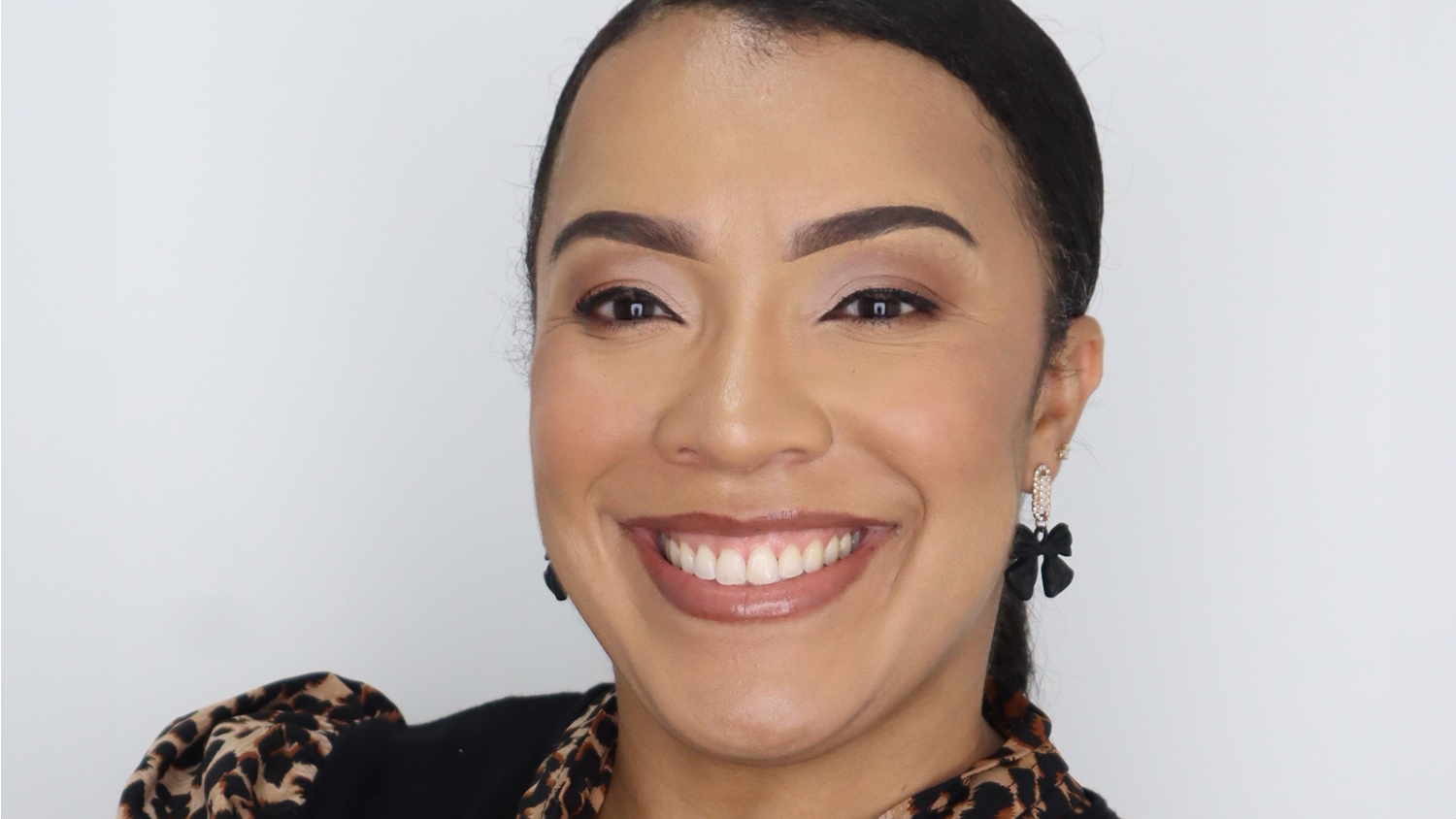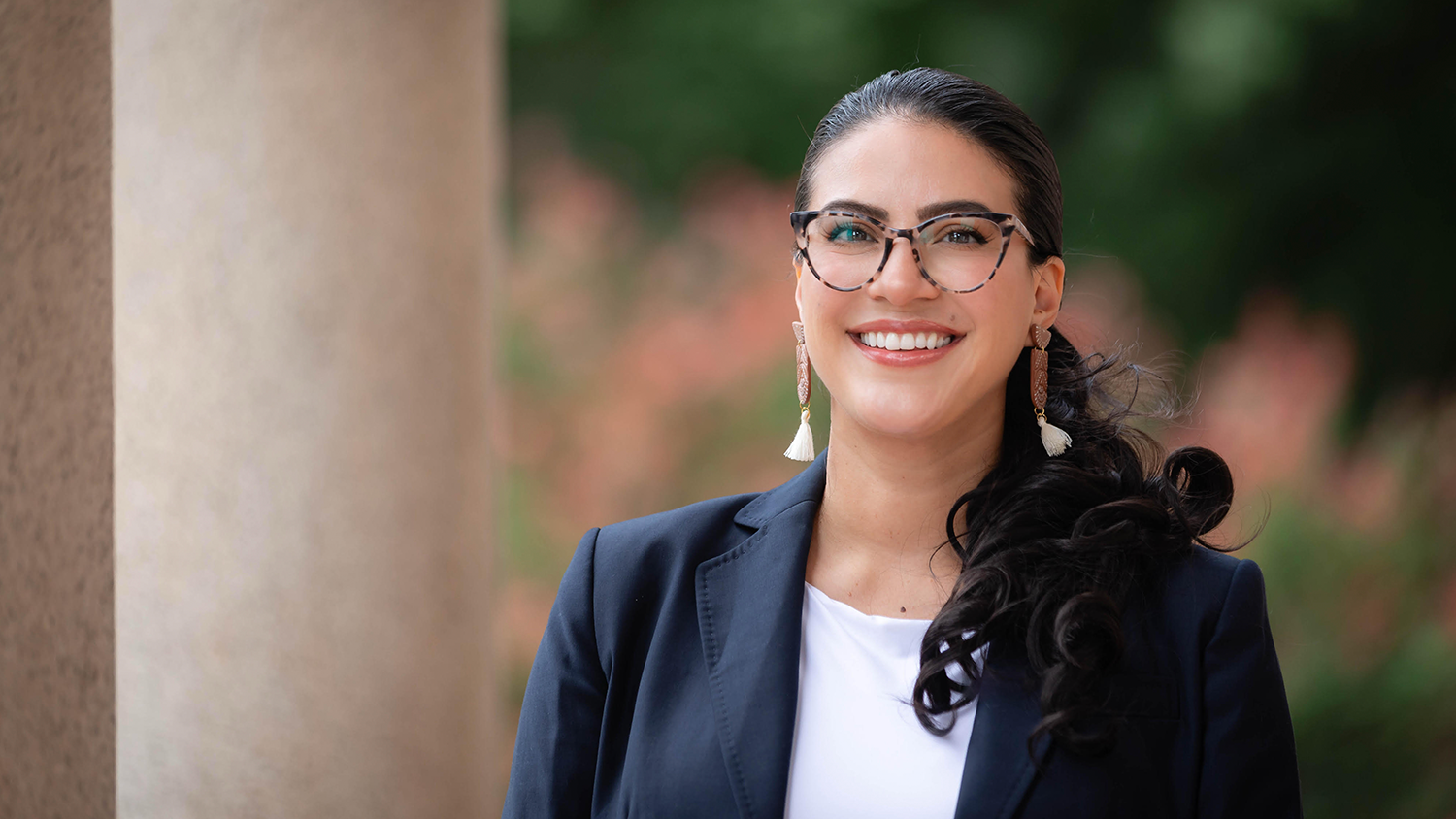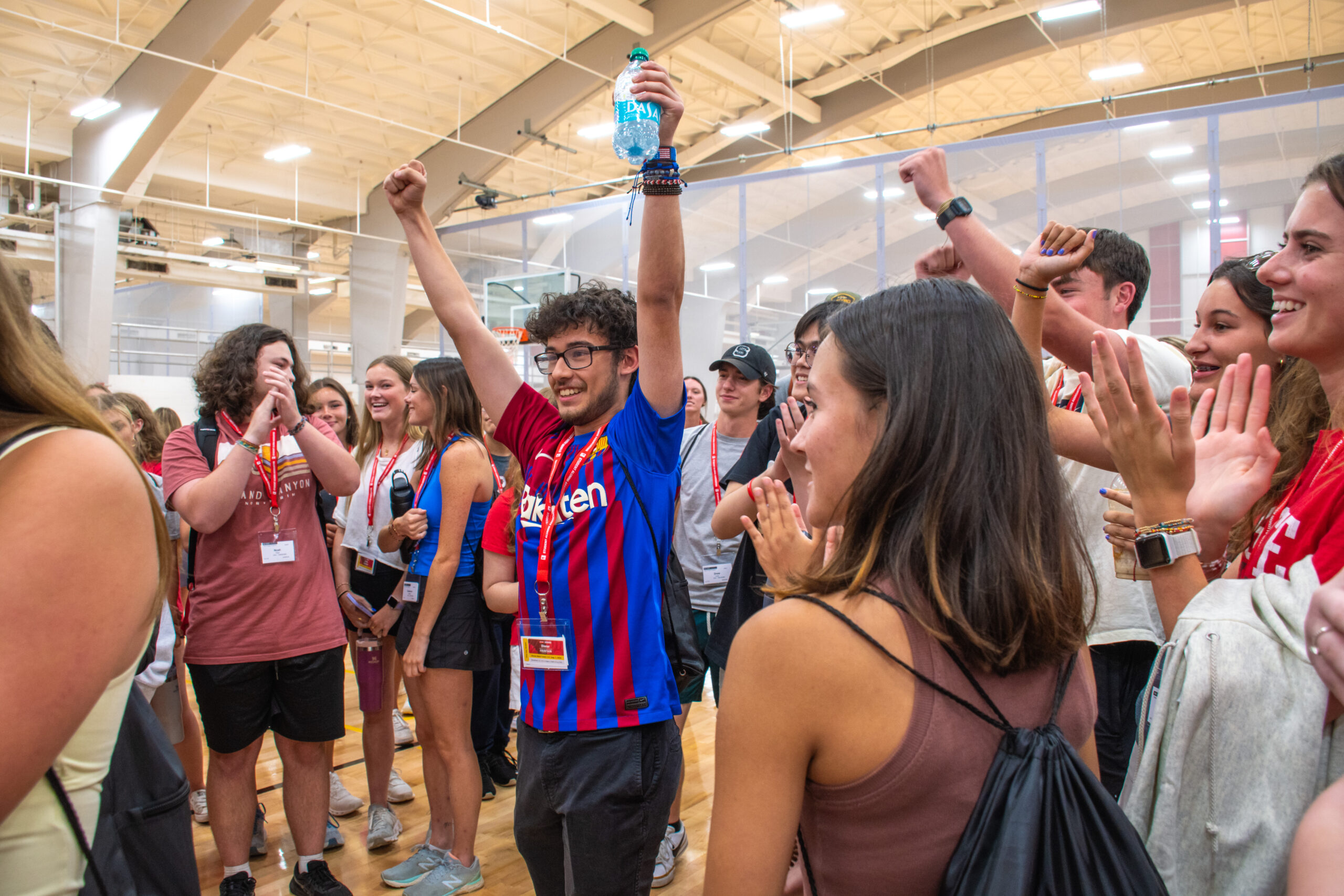Meet Briana Gaines: ‘My Classroom is a Place Where Students Will Be Challenged But Also Met With Support and Positive Regard’

Briana Gaines will join the NC State College of Education during the 2024-25 academic year as an assistant teaching professor of counseling and counselor education.
Previously, Gaines worked as clinical assistant professor of counselor education at the University of Florida and an outpatient therapist for a non-profit community agency in New Jersey. She earned her Ph.D. in counselor education and supervision from James Madison University.
Her studies focus on Black motherhood and the intergenerational lessons that are passed from mother to daughter, as well as race-based trauma and historical trauma and Black women in counselor education.
Learn more about Gains below:
The following Q&A has been edited for length and clarity.
Why did you choose a career in education?
My first career pursuit was in marriage and family therapy, in which I received a master’s degree. While enrolled in my graduate training program, I realized that what I was learning was heavily dictated by a very particular lens. Additionally, there was not one person on our faculty or staff who looked like me or identified the way I did, and there was only one faculty member of color. This ultimately led to my desire to become an educator. I realized how important representation and diversity are within a classroom and the exponential impact they can have on student learning, engagement and comprehension.
What inspired you to pursue a doctoral degree?
[The experience described above] was the inspiration and motivation to pursue my doctoral degree. I wanted to be able to come back on the other side to validate the minority and “othered” students’ experiences, world views and lived experiences, which are so important not just in the counselor education classroom but in the therapy room itself.
What sparked your interest in your area of study?
After becoming a counselor and providing services through a community agency, I started to recognize how much trauma was present in the work that I was doing. I became really interested in trauma, trauma responses and how one can experience trauma vicariously. Once accepted into my doctoral program, I started to dive into epigenetics and intergenerational trauma, which fit nicely into some of my already established interests revolving around the Black family. In 2020, I lost my grandmother and started to reflect on the things that I learned from her, both overtly and covertly, which led to this really interesting inquiry into Black motherhood and intergenerational teachings.
What is one moment or project in your academic career that you are particularly proud of?
I would have to say that I am most proud of the Melanin Scholars Retreat that some of my colleagues and I host twice a year for Black women in counselor education. The retreat was an idea we had in our doctoral programs, which we modeled after a retreat experience we learned about for Black men, and we have been able to host several biannual retreats in the winter and summer. It is a space for Black women to come together to work on their scholarship and writing, to learn, to fellowship, and just be authentic and vulnerable. It has grown quite a bit over the years, and we will actually be hosting our first in-person retreat this summer in Wilmington.
What is your teaching philosophy?
My classroom is a place where students will be challenged but also be met with support and positive regard. Students learn just as much from one another as they do from me, so I always strive to incorporate discussions and experiential activities into my courses. My classroom also emphasizes diversity and values differing viewpoints, as culture influences how principles are applied and learned. A multicultural lens is always present in my teaching environment due to the importance of recognizing the intersectionality of students’ identities, validation of students’ experiences and in an effort to create a “brave space” where students can explore all of the above.
What do you hope your students will learn from you?
My hope is that students will learn that counseling is just as much of an art as it is a science. While there are evidence-based practices, techniques and theories that support our work, it is just as important for them to find their own way of executing them. I want them to understand that counseling looks different for each clinician, and they must find a way to practice that aligns with who they are as individuals while also adhering to the ethics and values of the profession.
What do you believe makes an extraordinary educator?
One of my favorite quotes, which I believe aligns nicely with counseling and education, is, “People don’t care how much you know until they know how much you care.” I believe an extraordinary educator is someone who is not only passionate about what they teach but also someone who cares for their students. To me, caring includes being respectful, warm and available for personal interaction with students. It’s using humor, enthusiasm and creativity in the classroom, which have all been proven to bolster the learning environment.
- Categories:


